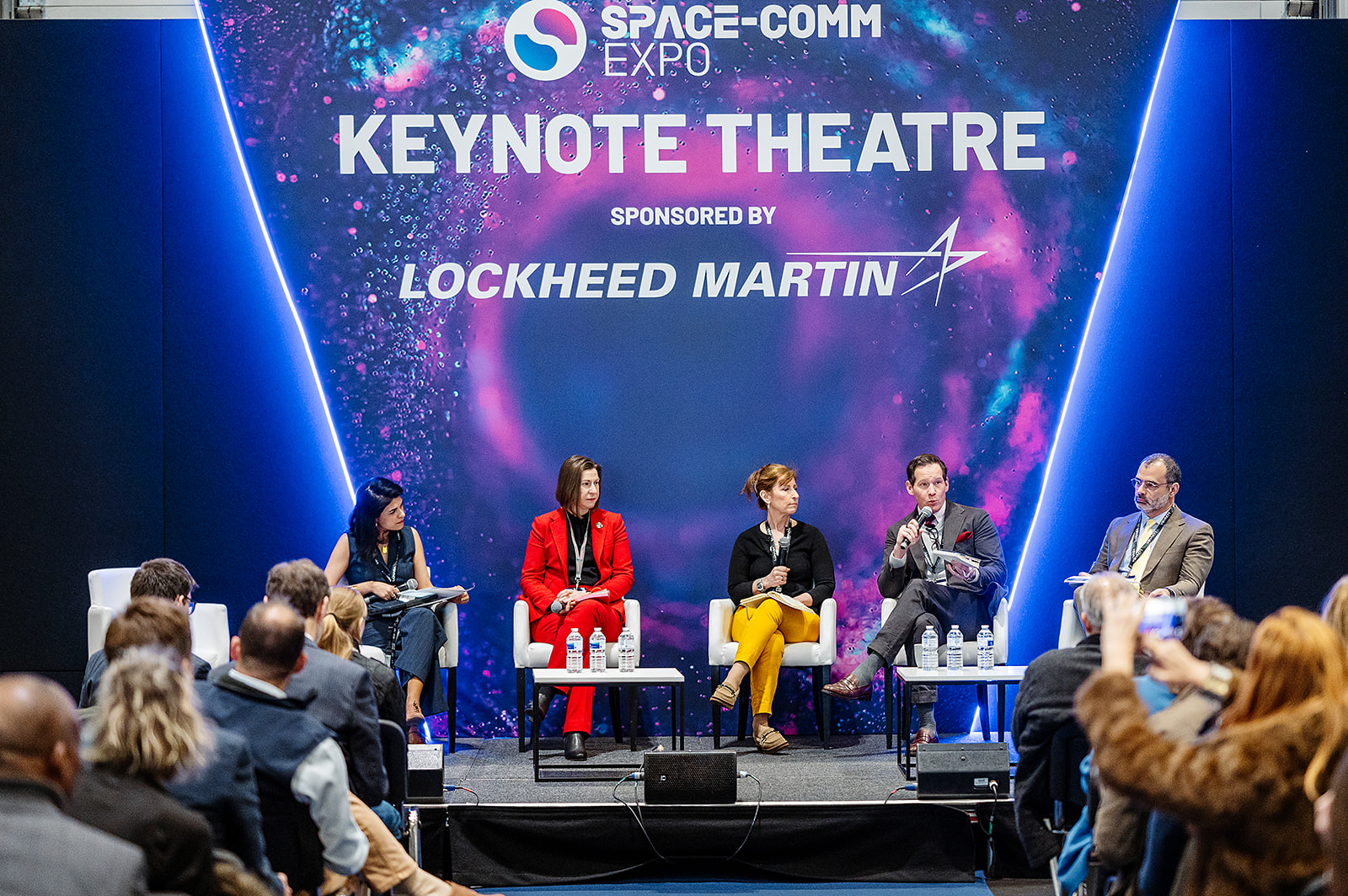Skyrora opens engine test facility

The facility is capable of testing engines up to 70kN for their sub-orbital and orbital launch vehicles. From the new site, Skyrora will continue its progress to completing a full burn and gimbal test, which is required before rockets can be launched into space. Achieving successful engine tests puts Skyrora one step closer to satellites being launched into near-space and orbital altitudes. This is a crucial stage for our small satellite launcher development and places Skyrora in the top 10 percent of small launch vehicle companies in the world.
Skyrora’s sub-orbital and orbital engines are powered by hydrogen peroxide and kerosene, which reduces the cost and emissions from launching. The 30kN engine has been constructed using additive manufacturing techniques and advanced materials. It is nearly 10 times greater in thrust than the 3.5kN upper stage engine which Skyrora successfully test fired at Newquay Airport, Cornwall, in July 2019.
Skyrora has consistently set the pace for progress in the sector as it looks to fulfil the UK Space Agency’s 2021 launch target.
Skyrora’s Chief Executive and founder, Volodymyr Levykin, said: “This is a huge milestone for Skyrora and marks the start of our test program for our larger engines. Our team has worked incredibly hard to develop our engine technologies so Skyrora can help make space more accessible for all. Skyrora will continue to work to ensure the world-changing benefits of space are realised here in the UK and in Europe.”
Skyrora are a private launch vehicle company headquartered in Edinburgh, with a team of more than 120 personnel in facilities throughout the UK and Europe. At one of their facilities, Skyrora recently announced that their highly skilled engineers had developed a prototype hybrid 3D printing machine. This ground-breaking technology combines robotics, 3D printing technology and a milling machine in a single device. The company aim to conduct the first-ever orbital launch from western Europe, with the first launch scheduled for Q4 2021 from one of three candidate launch sites in the north of Scotland.
Skyrora uses hydrogen peroxide and kerosene to power their engines. The use of hydrogen peroxide as an oxidiser, in contrast with liquid oxygen used by many other launch vehicle companies, offers Skyrora several unique advantages. Hydrogen peroxide is non-cryogenic, meaning it is stable at room temperature. One major benefit of this fuel is that it is easily storable (can be stored between 10-200C) without the need for complex cooling systems. With the very changeable UK weather, Skyrora’s launch vehicle can sit on the launch pad fully fuelled while waiting for a weather window, reducing cost and complexity of launch. The combination of hydrogen peroxide and kerosene produces a clean burn with a marked decrease in the emissions of carbon dioxide and carbon monoxide in stark contrast with the likes of liquid oxygen.













